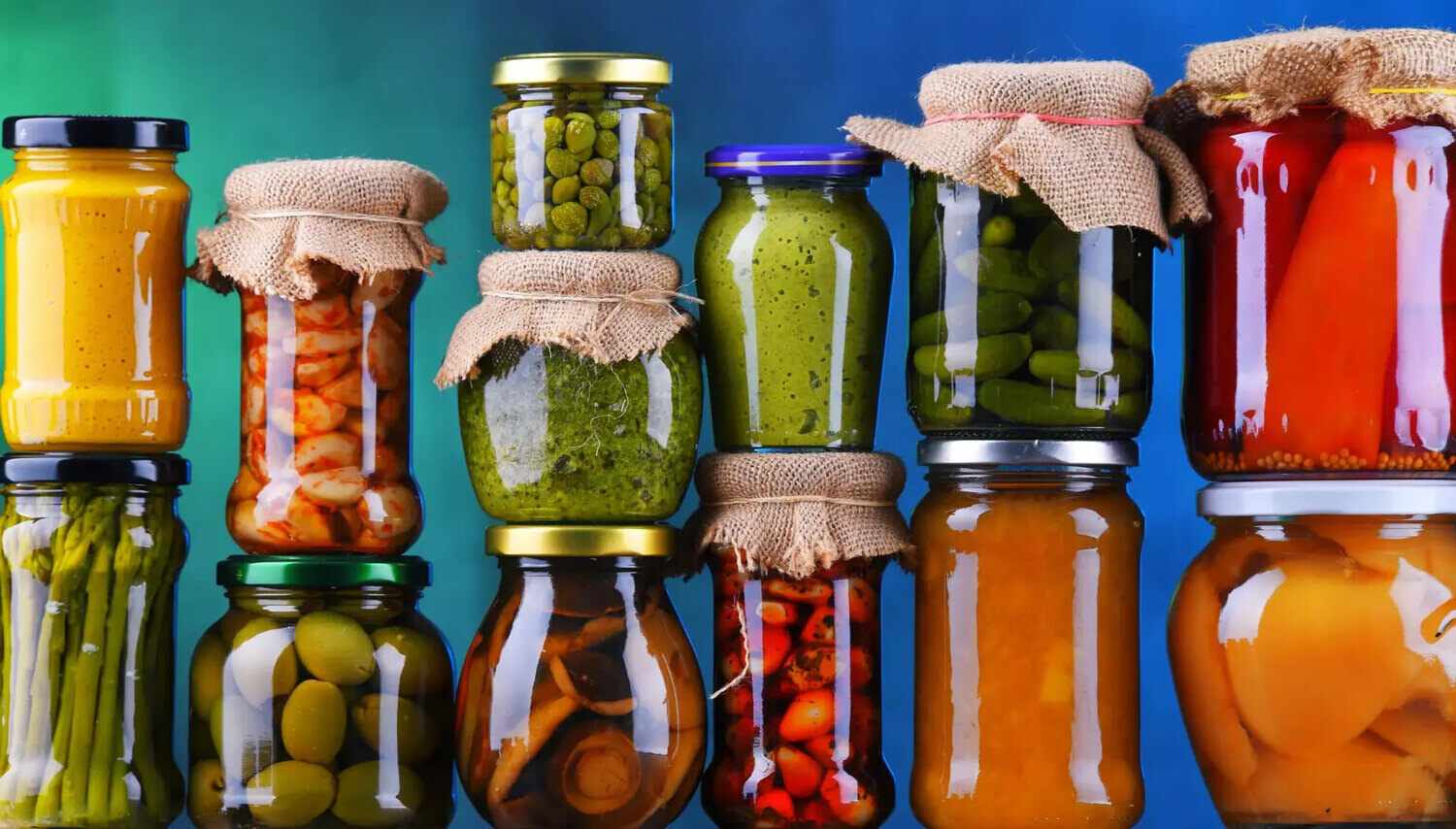

Articles
How To Store Canned Food Long Term
Modified: March 24, 2024
Discover the best techniques for storing canned food long term in this informative articles. Keep your food fresh and your pantry stocked for any emergency.
(Many of the links in this article redirect to a specific reviewed product. Your purchase of these products through affiliate links helps to generate commission for Storables.com, at no extra cost. Learn more)
Introduction
Storing canned food long term is a smart and practical practice that provides numerous benefits for individuals and families. Whether you are preparing for a natural disaster, looking to build up your emergency food supply, or simply wanting to extend the shelf life of your favorite canned goods, long-term storage of canned food is an effective strategy to ensure food security and peace of mind.
Having a stockpile of canned food offers a sense of security and preparedness in the face of unexpected events or emergencies. It provides a reliable source of nutrition during times when fresh food may not be readily available or when access to grocery stores may be limited. Whether it’s a minor inconvenience like a power outage or a more severe situation such as a hurricane or earthquake, having a supply of canned food can make a significant difference in maintaining your well-being.
Another key benefit of storing canned food long term is cost savings. By purchasing canned foods in bulk or on sale, you can leverage discounts and save money. Canned food also has a longer shelf life compared to fresh produce, making it a cost-effective option for those on a tight budget or looking to reduce food waste. With proper storage and rotation, canned food can be enjoyed months or even years after purchase.
Additionally, canned food offers convenience and versatility. It comes in a wide variety of options, including fruits, vegetables, meats, soups, and more. Canned foods are typically pre-cooked and require minimal preparation, making them a quick and easy meal option for busy individuals or during times when cooking facilities may be limited.
However, before diving into long-term storage of canned food, there are several factors to consider. The type of canned goods, storage conditions, and proper rotation are essential elements to ensure the safety and quality of the food. In the following sections, we will discuss these factors in more detail, along with tips and guidelines for successful long-term storage of canned food.
Key Takeaways:
- Storing canned food long term offers extended shelf life, nutritional value, and cost savings. Proper storage conditions, selection of the right canned foods, and regular monitoring are essential for a reliable and safe food supply.
- Long-term storage of canned food provides convenience, versatility, and peace of mind. Adhering to proper storage conditions, monitoring and rotating stock, and educating household members ensures a well-organized and high-quality food supply.
Read more: How To Store Lard Long Term
Benefits of Storing Canned Food Long Term
Storing canned food long term offers numerous benefits that go beyond just convenience and cost savings. Here are some of the key advantages:
- Extended Shelf Life: Canned food has a much longer shelf life compared to fresh produce. Properly stored canned goods can last anywhere from one to five years or even longer, depending on the product. This makes it an ideal option for emergency situations or when access to fresh food is limited.
- Nutritional Value: Canned food retains its nutritional value for an extended period. The canning process involves sealing the food in airtight containers, which helps to preserve its essential vitamins, minerals, and antioxidants. This ensures that you are still getting essential nutrients even when fresh options are scarce.
- Convenience and Versatility: Canned food provides a convenient and versatile option for meal preparation. It requires minimal cooking or preparation time, making it ideal for busy individuals or during emergencies when resources might be limited. Canned foods also come in a wide range of options, allowing you to create a variety of meals and recipes.
- Food Security: Building a stockpile of canned food provides a sense of food security, knowing that you have a reliable source of nutrition in case of emergencies or unexpected events. It helps to mitigate the risks associated with food shortages, natural disasters, or disruptions in the food supply chain.
- Cost Savings: Storing canned food long term can lead to significant cost savings. Buying canned goods in bulk or during sales allows you to take advantage of discounts and save money in the long run. Additionally, having a stockpile of preserved food reduces the need for frequent grocery shopping, saving both time and transportation costs.
- Reduced Food Waste: Canned food has a longer shelf life, reducing the chances of food waste. Unlike fresh produce that can spoil quickly, canned goods can be safely stored for an extended period. This helps to minimize food waste and supports sustainability efforts by ensuring that food resources are utilized efficiently.
By storing canned food long term, you can enjoy the above benefits while also gaining peace of mind knowing that you are prepared for unforeseen circumstances. However, it’s essential to consider various factors and follow proper storage guidelines to ensure the safety and quality of the food. Let’s explore these factors in the next section.
Factors to Consider Before Storing Canned Food Long Term
Before embarking on long-term storage of canned food, there are several important factors to consider. These factors will help ensure the safety, quality, and longevity of your stored food supply:
- Expiration Dates: Check the expiration dates on the cans before purchasing them for long-term storage. Opt for cans with a longer shelf life to maximize the storage duration and minimize waste.
- Quality of Cans: Inspect the cans for any signs of damage, such as dents, rust, or bulging. Damaged cans can compromise the safety and quality of the food. Only purchase and store cans that are in good condition.
- Storage Space: Assess your storage space and determine the ideal location for storing canned food. Ensure that the area is cool, dry, and well-ventilated, as excessive heat, humidity, and moisture can degrade the quality of the food and shorten its shelf life.
- Storage Containers: Consider transferring the canned food into additional storage containers for added protection. This is particularly important if there is a risk of pests or if you live in an area prone to earthquakes or other natural disasters.
- Organizational System: Establish an organizational system to keep track of your canned food inventory. Use labels or a spreadsheet to record the purchase dates and expiration dates of each item. This will help you rotate your stock and consume the oldest cans first.
- Regulations and Safety Guidelines: Familiarize yourself with any regulations or safety guidelines related to long-term food storage in your area. Certain foods or specific storage methods may require special precautions or permits.
- Allergens and Dietary Restrictions: Take into account any food allergies or dietary restrictions when selecting canned foods for long-term storage. Ensure that you have sufficient variety to accommodate everyone’s dietary needs if necessary.
- Regular Inspection: Regularly inspect your stored canned goods for signs of spoilage, damage, or expiration. This ensures that you only consume safe and high-quality food and allows you to rotate your stock effectively.
- Emergency Preparedness: Consider supplementing your canned food stockpile with other essential items like water, medications, and first aid supplies to create a comprehensive emergency preparedness kit.
By taking these factors into account, you can optimize your long-term canned food storage strategy and ensure that you are well-prepared for any future events or emergencies. In the following sections, we will delve into the proper storage conditions for canned food and provide tips for selecting the right canned foods for long-term storage.
Proper Storage Conditions for Canned Food
Proper storage conditions are crucial to maintaining the quality and safety of your canned food supply. Follow these guidelines to ensure optimal storage conditions:
- Cool Temperature: Store canned food in a cool area with temperatures between 50°F to 70°F (10°C to 21°C). Excessive heat can cause the food to spoil more quickly, while extreme cold can lead to deterioration in texture and taste.
- Dry Environment: Keep canned food in a dry environment to prevent moisture buildup and potential rusting or deterioration of the cans. Avoid areas with high humidity, such as basements or bathrooms, and ensure proper ventilation to minimize the risk of mold or mildew.
- Avoid Direct Sunlight: Protect canned food from direct sunlight to prevent possible temperature fluctuations and degradation of the food quality. Sunlight can also fade labels and make it difficult to identify the content and expiration dates of the cans.
- Pest Control: Take measures to prevent pests from accessing your stored food. Seal any cracks or openings in storage containers, and consider using insect-proof containers or placing pest deterrents, such as bay leaves or lavender sachets, in the storage area.
- Proper Rotation: Practice the “first in, first out” (FIFO) method when retrieving canned food for consumption. Ensure that you use the oldest cans first to avoid the risk of expired food. Regularly check the inventory and rotate the stock accordingly.
- Elevated Storage: Store canned food off the ground to protect it from potential moisture and pests. Utilize shelves, racks, or pallets to keep the cans elevated and allow for easy accessibility and inspection.
- Avoid Stacking: Avoid stacking cans too high, as it could damage the lower cans or cause instability. Opt for sturdy storage containers or shelves that can adequately support the weight of the canned goods.
- Keep Labels Visible: Ensure that the labels on the cans are easily visible and readable. Proper labeling and organization will help you identify the contents, expiration dates, and other relevant information without having to handle or disturb the cans unnecessarily.
By adhering to these storage conditions, you can prolong the shelf life of your canned food and maintain the highest level of food quality and safety. In the next section, we will explore the importance of selecting the right canned foods for long-term storage.
Store canned food in a cool, dry place away from direct sunlight. Rotate your stock by using older cans first and regularly check for any signs of damage or spoilage.
Choosing the Right Canned Foods for Long Term Storage
When it comes to long-term storage of canned food, choosing the right types of canned foods is essential. Here are some factors to consider when selecting canned foods for long-term storage:
- Non-Perishable Foods: Choose canned foods that have a long shelf life and are less prone to spoilage. Opt for non-perishable items such as canned fruits, vegetables, meats, beans, soups, and stews. These foods are typically processed and sealed in a way that extends their shelf life.
- Low Acid Content: It is important to select canned foods with low acidity levels for long-term storage. Low acid foods, such as canned meats, vegetables, and legumes, have a longer shelf life due to their reduced risk of bacterial growth compared to high acid foods like canned fruits and tomato products. However, high acid canned foods can still be stored safely for a moderate length of time.
- Quality Brand: Choose reputable brands known for their high-quality canned foods. These brands often prioritize the use of fresh ingredients and employ rigorous quality control measures during the canning process, ensuring that the food retains its nutritional value and taste for an extended period.
- BPA-Free Cans: Consider opting for canned foods that are labeled as BPA-free. Bisphenol A (BPA) is a chemical found in some canned food linings that has raised concerns due to its potential health risks. Choosing BPA-free cans ensures that you reduce your exposure to this chemical.
- Personal Preferences and Dietary Needs: Take into account your personal preferences and dietary needs when selecting canned foods for storage. Choose a variety of items that meet your nutritional requirements and cater to your taste preferences. Consider any dietary restrictions or allergies within your household when making your selections.
- Proper Packaging: Examine the packaging of the canned foods for any damage or signs of compromise. Avoid purchasing cans with dents, bulges, or leaks, as they may indicate the possibility of spoilage or contamination.
- Rotate Stock: Plan your selection of canned foods based on your consumption patterns and preferences. Make sure to rotate your stock regularly, consuming the oldest cans first. This ensures that you maintain a fresh supply of canned goods and help minimize waste.
- Consider Nutritional Balance: Aim for a good balance of nutrients when selecting canned foods for storage. Include a mix of fruits, vegetables, protein sources, and carbohydrate-rich items. This will enable you to maintain a well-rounded diet even during emergencies or times of limited food availability.
By considering these factors, you can make informed choices when it comes to selecting the right canned foods for long-term storage. Remember to always check the expiration dates and condition of the cans before purchasing, and adhere to proper storage practices to maintain the quality and safety of your food supply.
Read more: How To Store Shortening Long Term
Tips for Long Term Storage of Canned Food
To ensure the success of your long-term storage of canned food, follow these helpful tips:
- Keep an Inventory: Maintain an organized inventory of your canned food stockpile. This will help you keep track of expiration dates and allow for effective rotation of your food supply.
- Properly Label the Cans: Clearly label the cans with the purchase date and expiration date using waterproof markers or labels. This will make it easier to identify the oldest cans and facilitate proper rotation.
- Consider Temperature and Humidity: Monitor the storage area regularly to ensure that temperatures remain within the recommended range of 50°F to 70°F (10°C to 21°C) and that the environment remains dry and well-ventilated.
- Be Mindful of Physical Damage: Check your canned goods regularly for any signs of bulging, leaking, or damage. Damaged cans should be discarded immediately to avoid potential food spoilage or contamination.
- Store in a Dark Area: Keep your canned food in a dark area to protect it from direct sunlight. Sunlight can degrade the quality of the food and shorten its shelf life. Utilize shelves or storage containers to keep the cans organized and easily accessible.
- Follow Proper Rotation: Practice the “first in, first out” (FIFO) method consistently. Use the oldest cans first to ensure that none of your stored food goes to waste. When restocking, place newer items at the back and bring older cans to the front for easy access.
- Monitor for Pests: Check your storage area for signs of pests regularly. Implement preventive measures such as sealing cracks and using pest deterrents to protect your food supply from potential contamination.
- Consider Airtight Containers: For added protection against pests and moisture, transfer your canned food into airtight containers or use Mylar bags with oxygen absorbers. This can help extend the shelf life of your stored food.
- Practice Regular Inspection: Periodically inspect your canned goods for any signs of spoilage, off-odors, or changes in appearance. If you notice any abnormalities, discard the cans to prevent the risk of consuming spoiled or contaminated food.
- Educate Yourself: Stay informed about best practices for long-term storage of canned food. Read up on food safety guidelines, expiration date interpretations, and proper canning techniques to ensure that you are storing your food in the most optimal way.
Following these tips will help you maintain a well-organized and safe supply of canned food for long-term storage. Regular monitoring, proper rotation, and adherence to storage conditions will ensure that your canned goods remain fresh and ready for consumption when needed.
Monitoring and Rotating Canned Food Stock
Monitoring and rotating your canned food stock is crucial to ensure that you are consuming the oldest cans first and maintaining a fresh and safe food supply. Here are some guidelines to help you effectively monitor and rotate your canned food stock:
- Create an Inventory System: Keep a detailed inventory of your canned food stockpile. Note down the purchase dates, expiration dates, and types of canned goods in a spreadsheet or on a physical checklist. This will help you keep track of your supply and easily identify the oldest cans.
- Regularly Check Expiration Dates: Regularly inspect the cans to check for expiration dates. Prioritize consuming the cans that are closest to their expiration dates to minimize the risk of consuming spoiled or expired food.
- Practice First In, First Out (FIFO): Adhere to the “first in, first out” method when retrieving canned food for consumption. This means using the oldest cans in your stockpile first. As you acquire new cans, place them behind the existing stock, ensuring that the older cans are always at the front and easily accessible.
- Rotate Stock Regularly: Set a reminder to rotate your stock at regular intervals, such as every six months or annually. Take inventory of your canned food and rearrange the cans accordingly to ensure that the oldest ones are still being used first.
- Properly Label the Cans: Ensure that each can is clearly labeled with the purchase date and expiration date. This will help you quickly identify which cans need to be consumed first and minimize confusion during the rotation process.
- Inspect for Damage: Regularly inspect your canned food for any signs of damage or compromise, such as bulging, leaking, or dented cans. Damaged cans can lead to spoilage or contamination, so it is essential to discard them immediately.
- Keep Track of Consumption: Record which canned goods you have used and when. This will help you track your consumption patterns and make informed decisions when restocking your supply.
- Donate or Discard Expired Cans: If you come across expired cans during your rotation process, discard them immediately. Expired canned food may not only lose its nutritional value but can also pose health risks if consumed. Alternatively, consider donating cans that are still within their expiration dates to food banks or charitable organizations.
- Regularly Clean and Organize: Keep your storage area clean and well-organized. Regularly dust the shelves or storage containers to prevent any debris or contaminants from coming into contact with your canned food.
- Educate Household Members: Make sure everyone in your household is aware of the rotation system and understands the importance of using the oldest cans first. Encourage open communication about which cans are nearing their expiration dates to avoid food waste.
By diligently monitoring and rotating your canned food stock, you can ensure that your supply remains fresh, safe, and ready for consumption. Regularly check expiration dates, practice FIFO, and discard any damaged or expired cans to maintain the quality of your stored food.
Conclusion
Storing canned food long term is an effective strategy to ensure food security, cost savings, and preparedness for unexpected events or emergencies. By following proper storage conditions, selecting the right canned foods, and implementing monitoring and rotation practices, you can maintain a well-organized and safe supply of canned food.
The benefits of storing canned food long term are numerous. Extended shelf life, retained nutritional value, convenience, and versatility make canned food an ideal choice for emergency situations or times when fresh food may not be readily available. Additionally, cost savings, reduced food waste, and the ability to create a well-rounded and varied diet add to the appeal of long-term canned food storage.
Factors such as expiration dates, can quality, storage space, and organizational systems should be considered before embarking on long-term storage. Adhering to proper storage conditions, including cool temperatures, dry environments, and protection from sunlight and pests, is essential to maintaining the quality and safety of your stored food.
Choosing the right canned foods for long-term storage involves selecting non-perishable items, considering low acidity levels, opting for quality brands, and accommodating personal preferences and dietary needs. Proper inventory management, labeling, and rotation techniques ensure that you consume the oldest cans first and minimize waste.
By monitoring and regularly checking expiration dates, practicing FIFO, and properly maintaining your canned food stock, you can rely on a fresh and safe food supply. Educating household members about rotation systems and storage guidelines is also important for successful long-term canned food storage.
In conclusion, storing canned food long term provides numerous benefits in terms of food security, cost savings, convenience, and preparedness. By following the guidelines and tips outlined in this article, you can ensure that your canned food supply remains reliable, accessible, and of high quality. With proper storage and rotation practices, you can have peace of mind knowing that you are well-prepared for unexpected situations while enjoying the convenience and nutritional value of canned food.
Frequently Asked Questions about How To Store Canned Food Long Term
Was this page helpful?
At Storables.com, we guarantee accurate and reliable information. Our content, validated by Expert Board Contributors, is crafted following stringent Editorial Policies. We're committed to providing you with well-researched, expert-backed insights for all your informational needs.
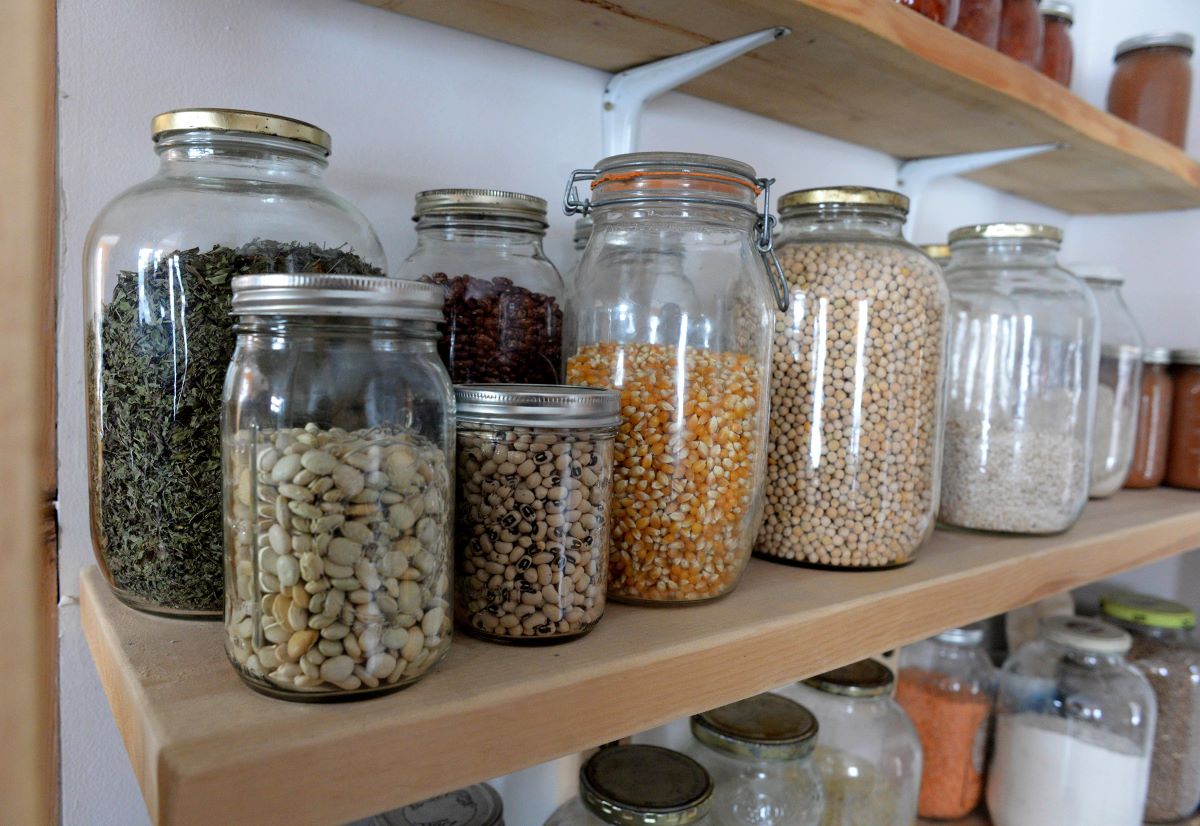
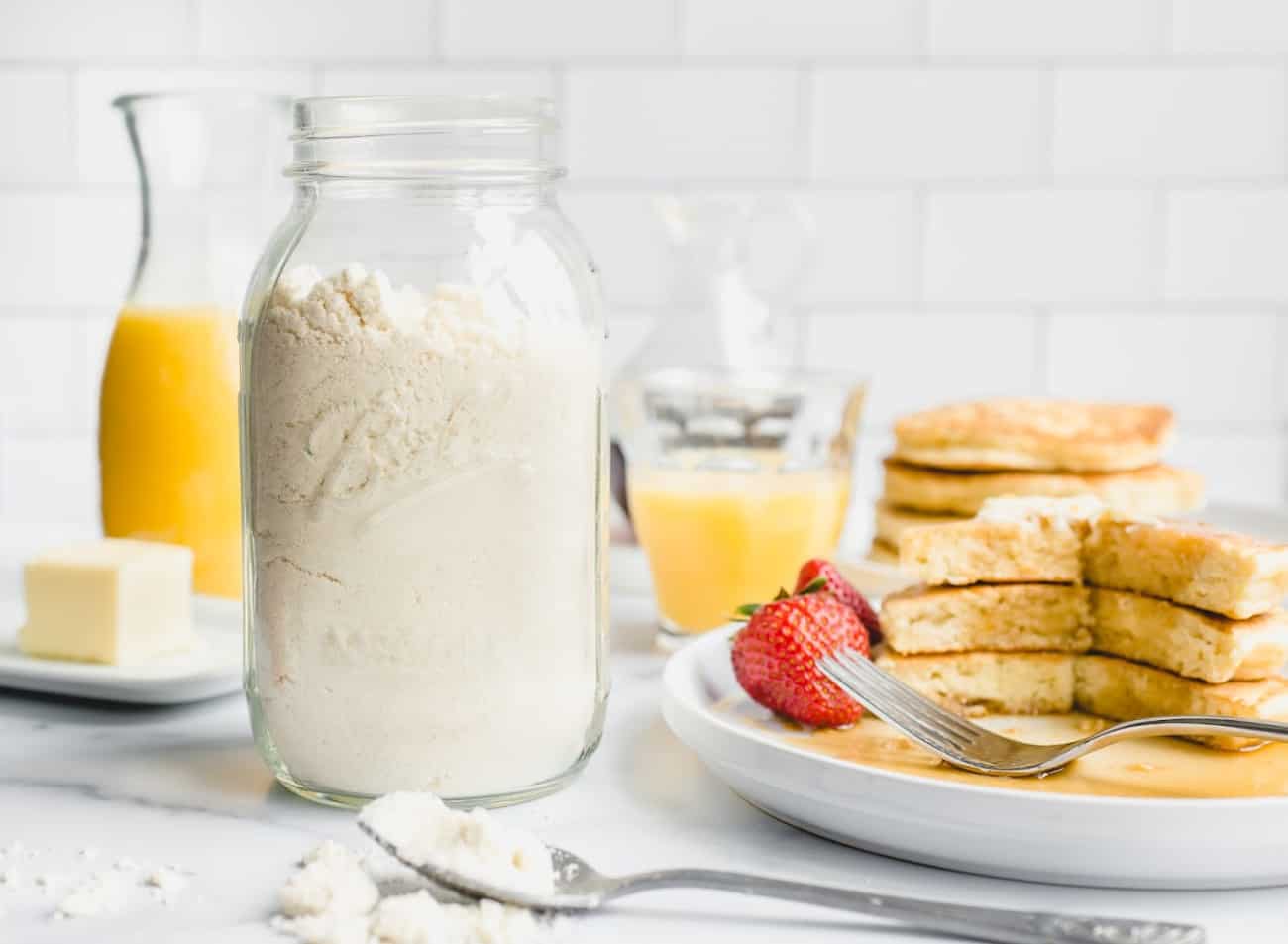
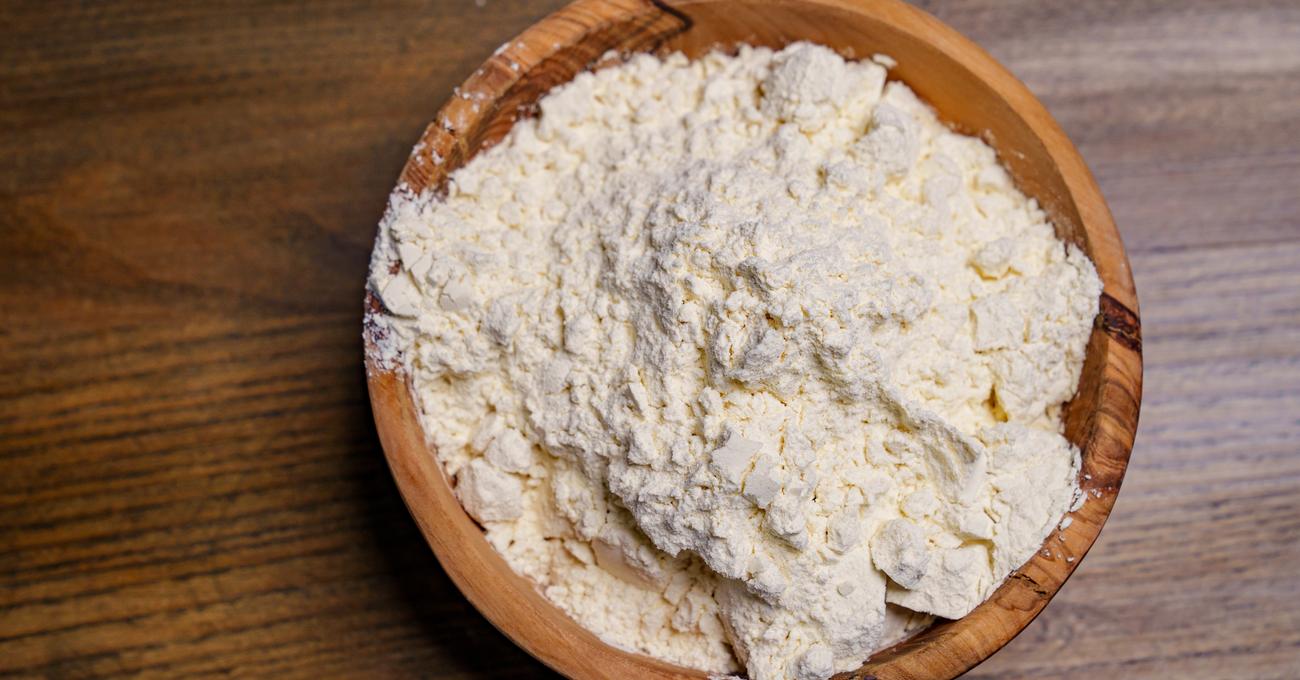
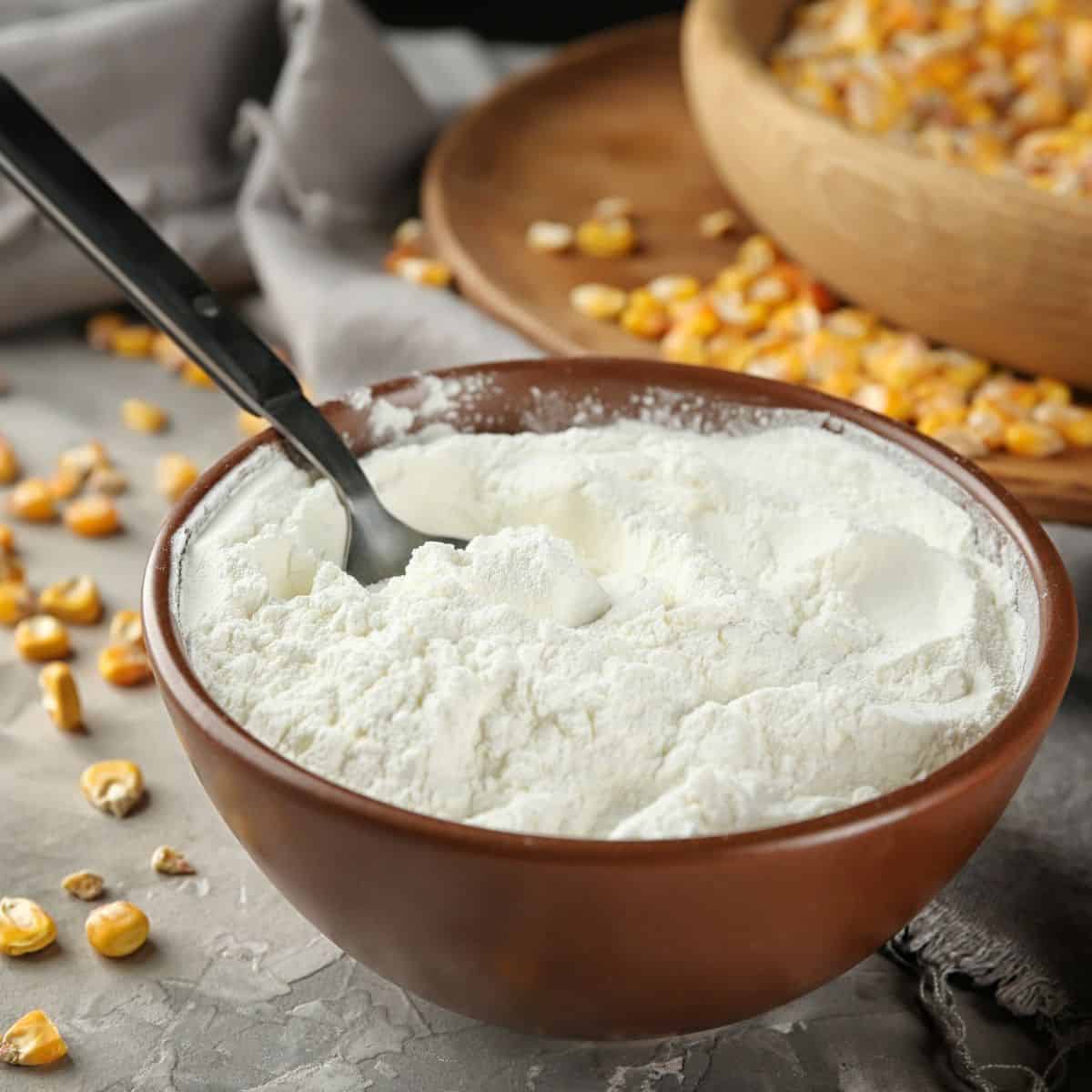
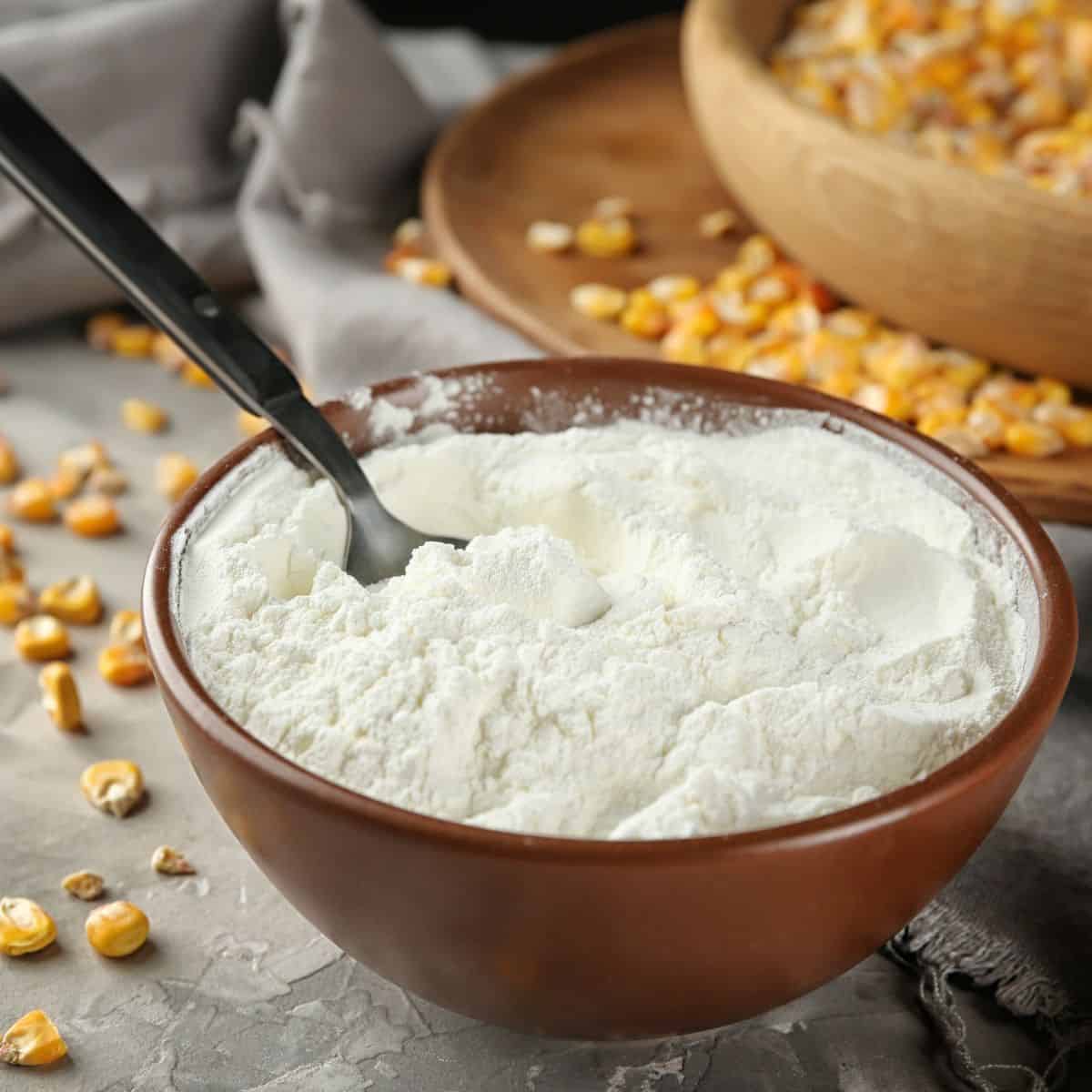
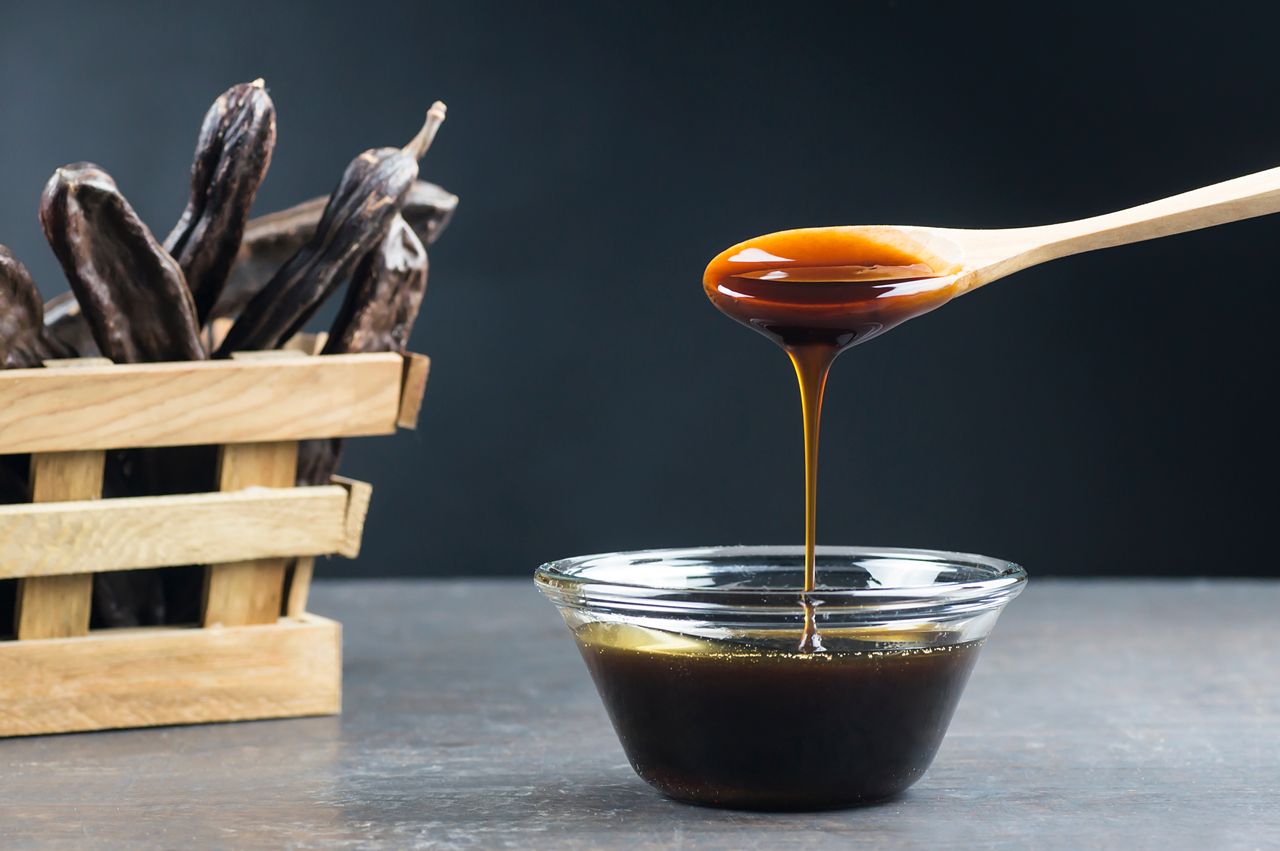
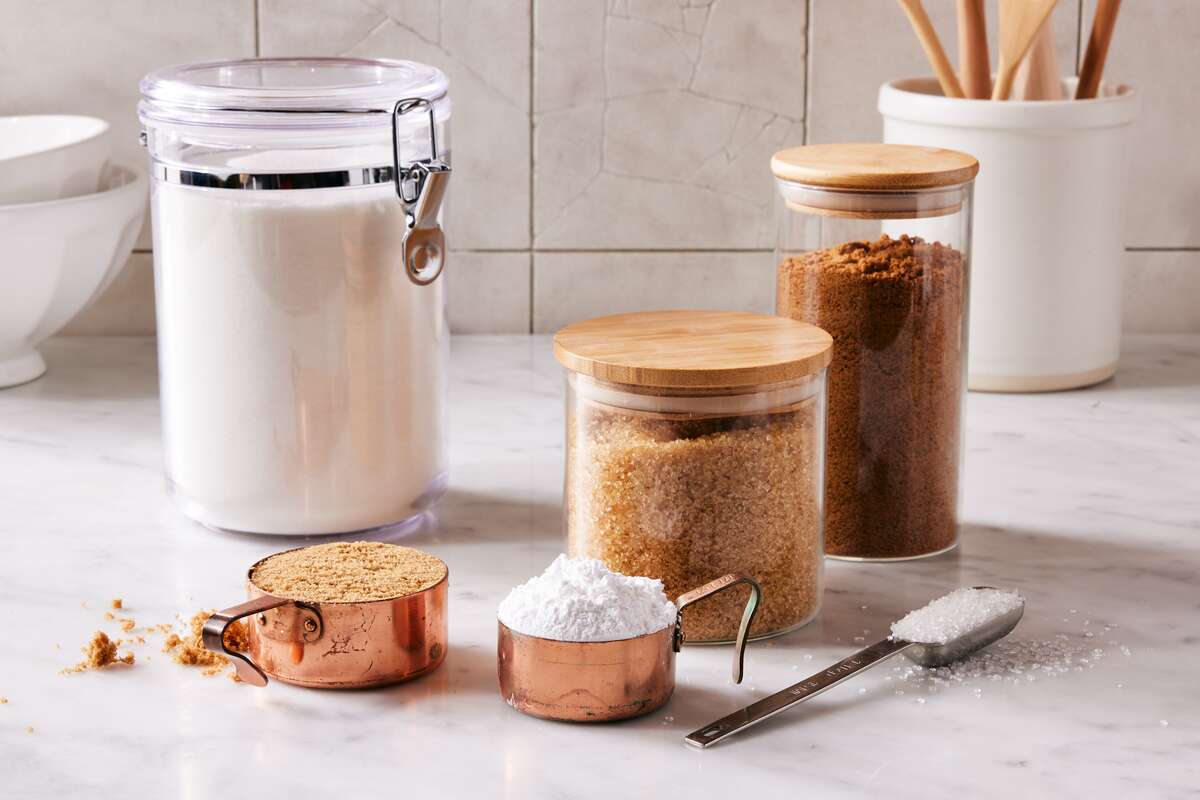
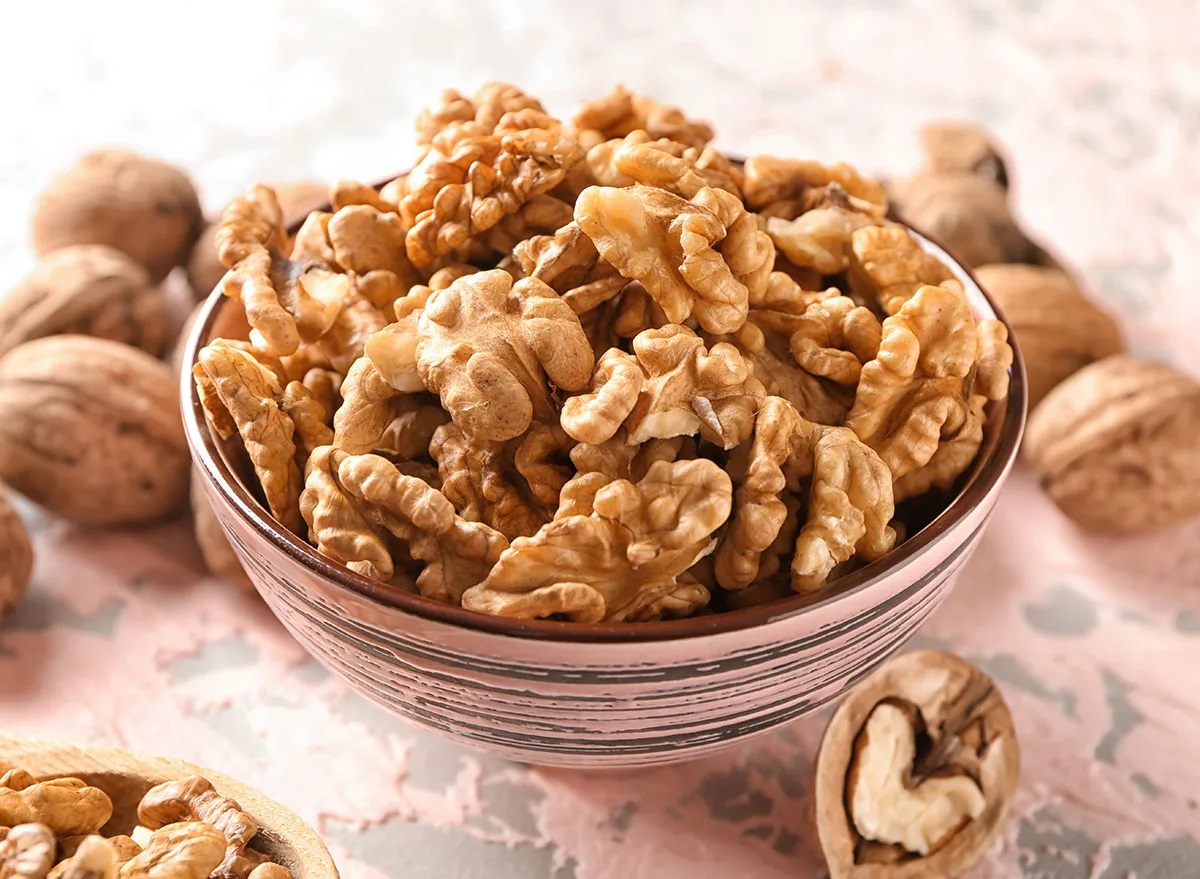
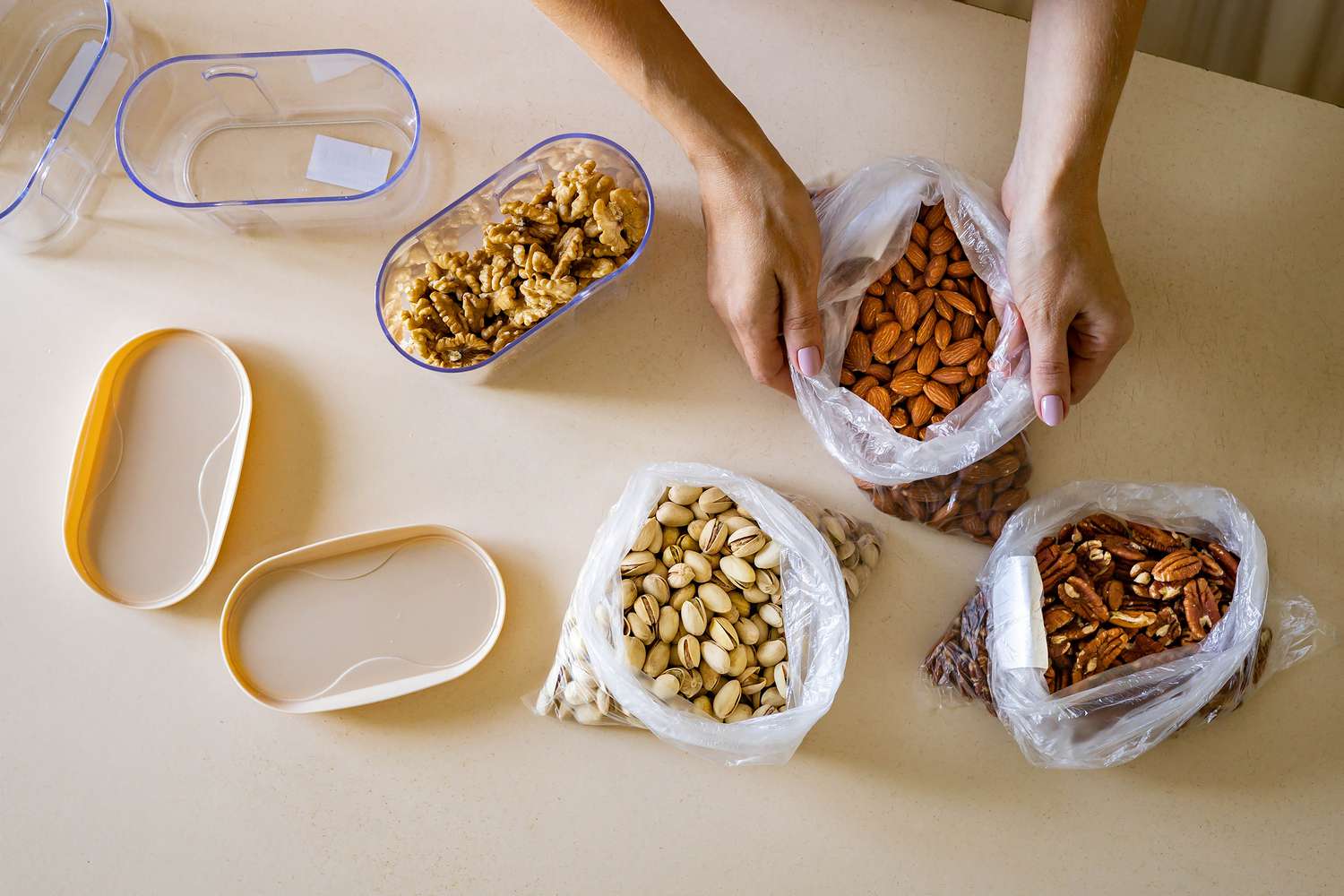
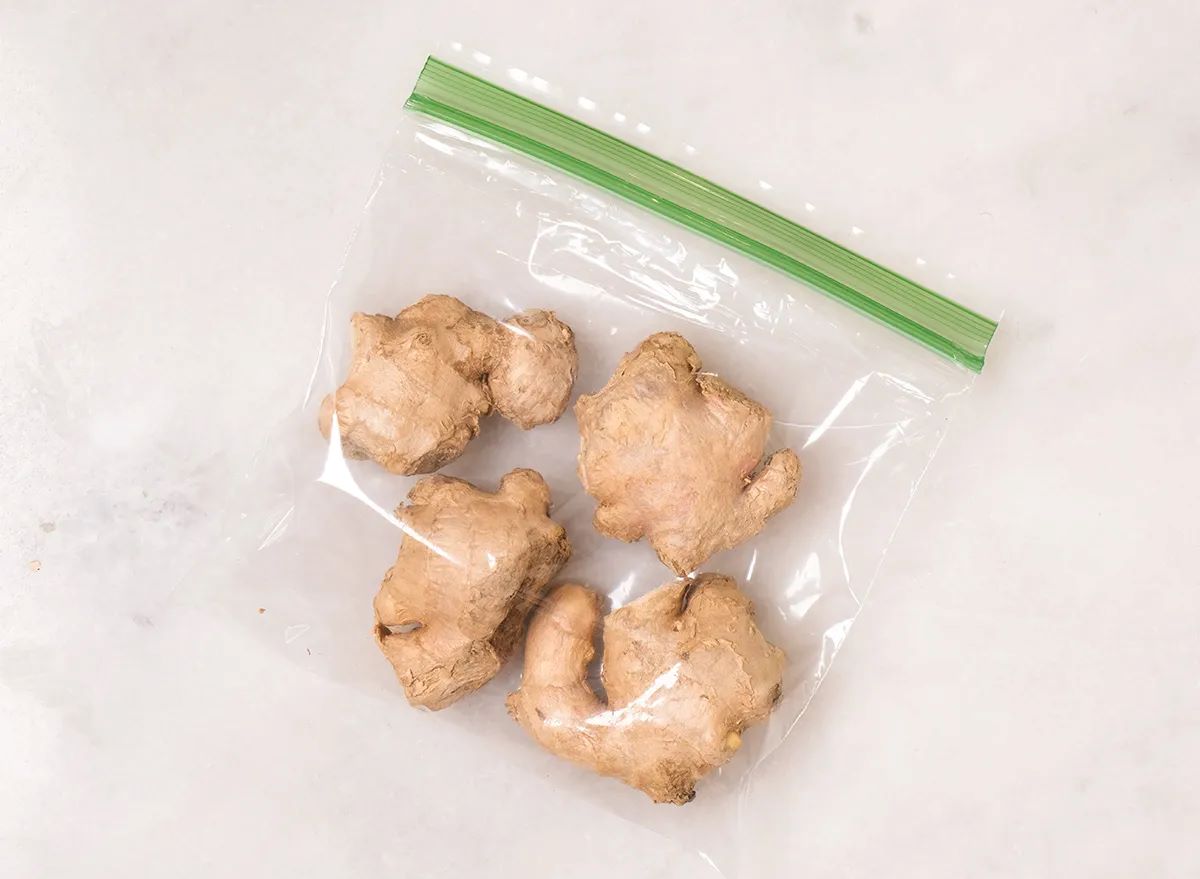

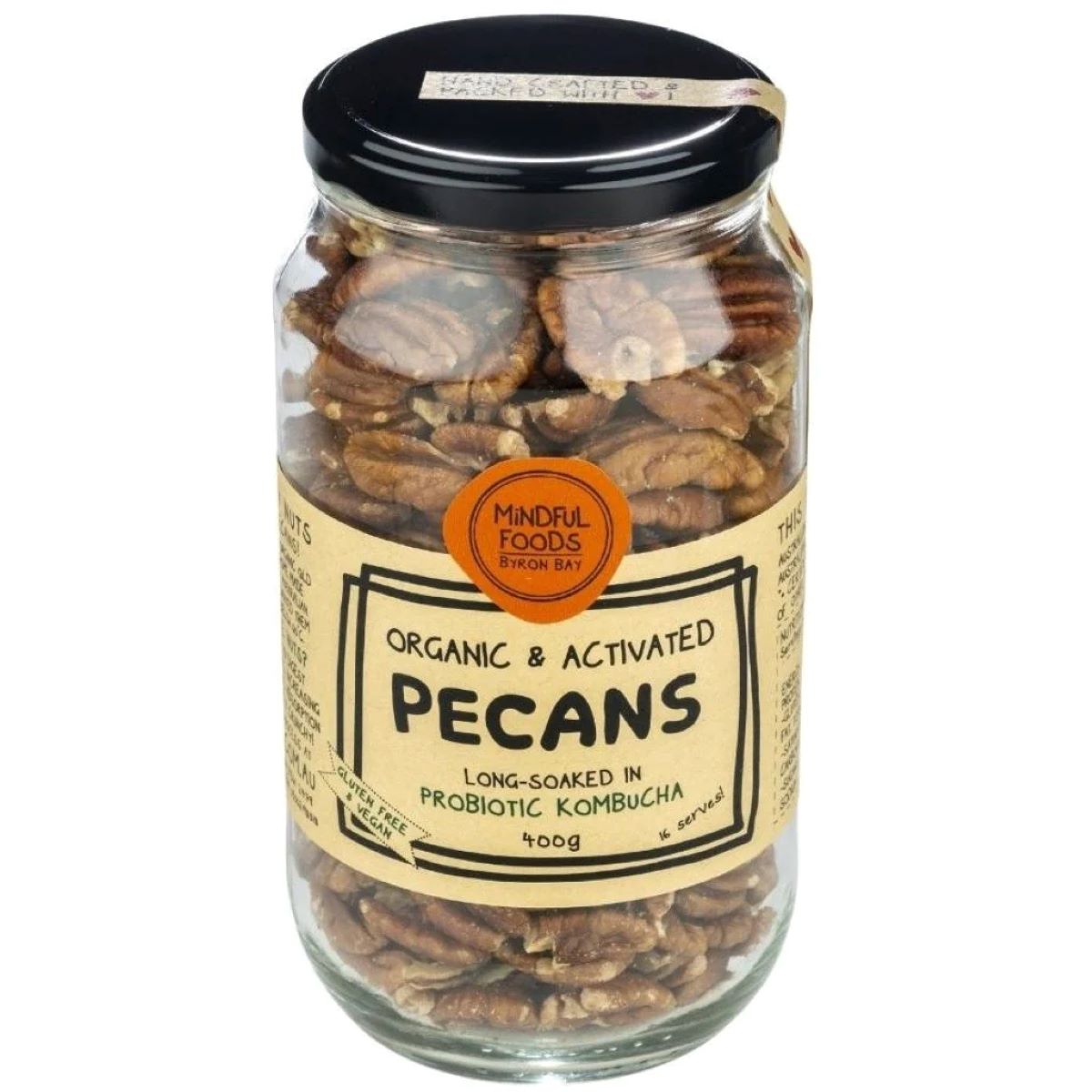

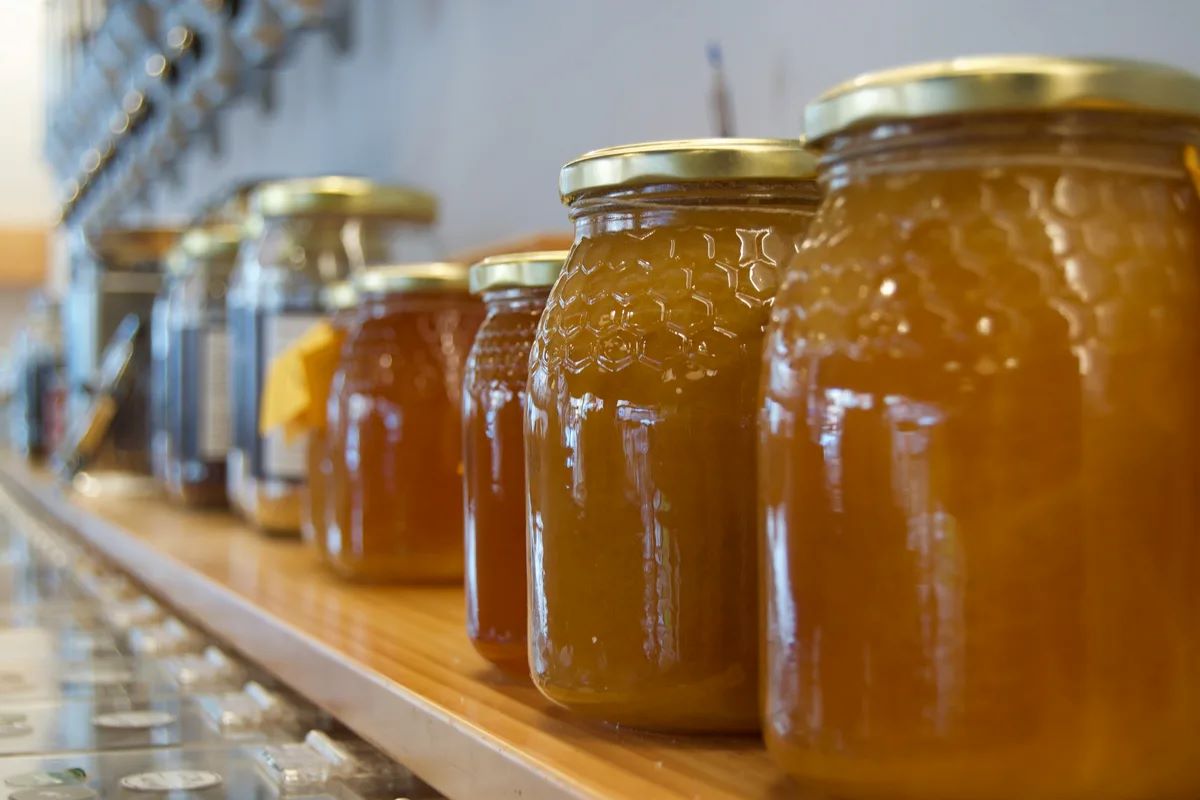

0 thoughts on “How To Store Canned Food Long Term”